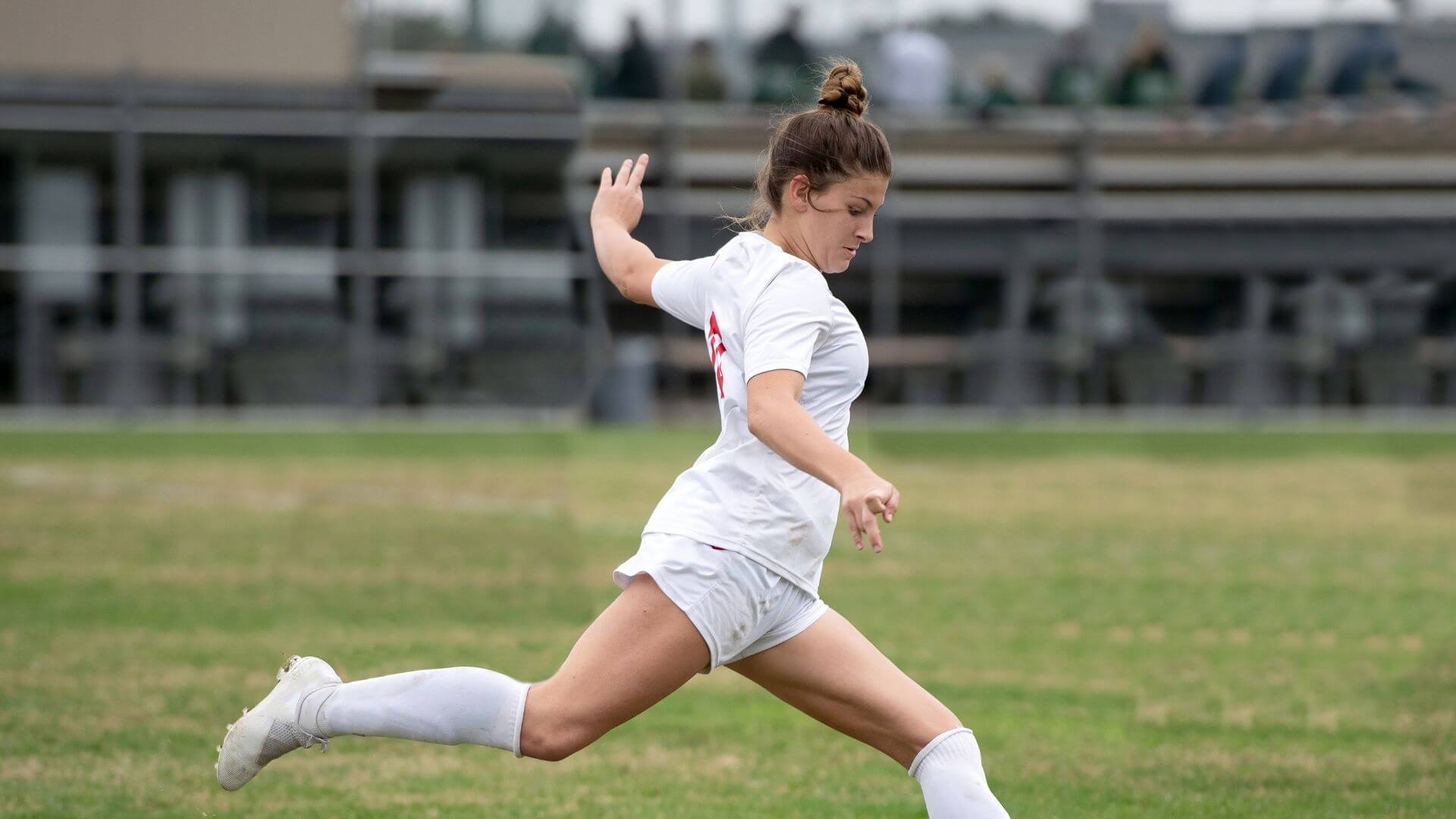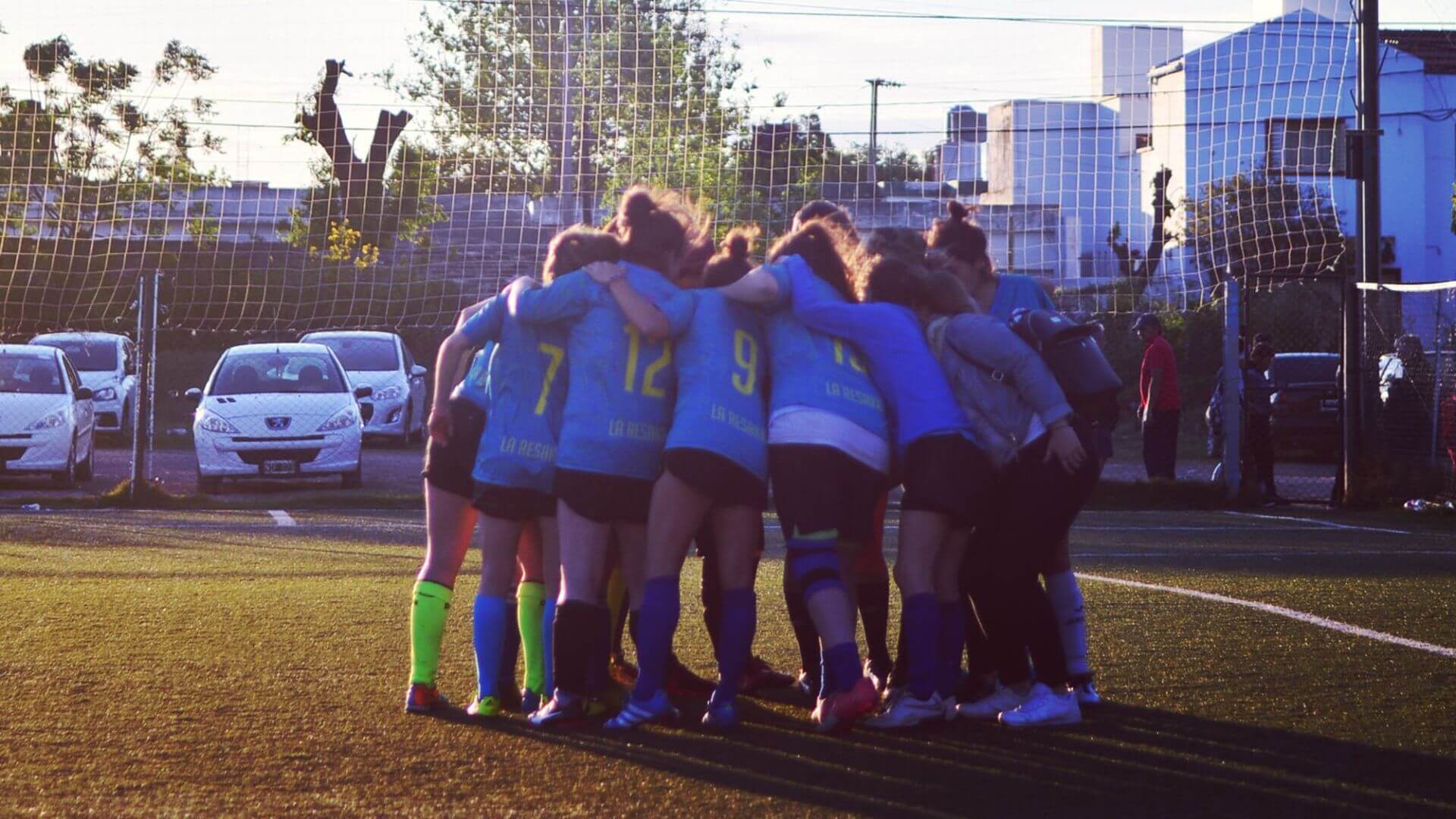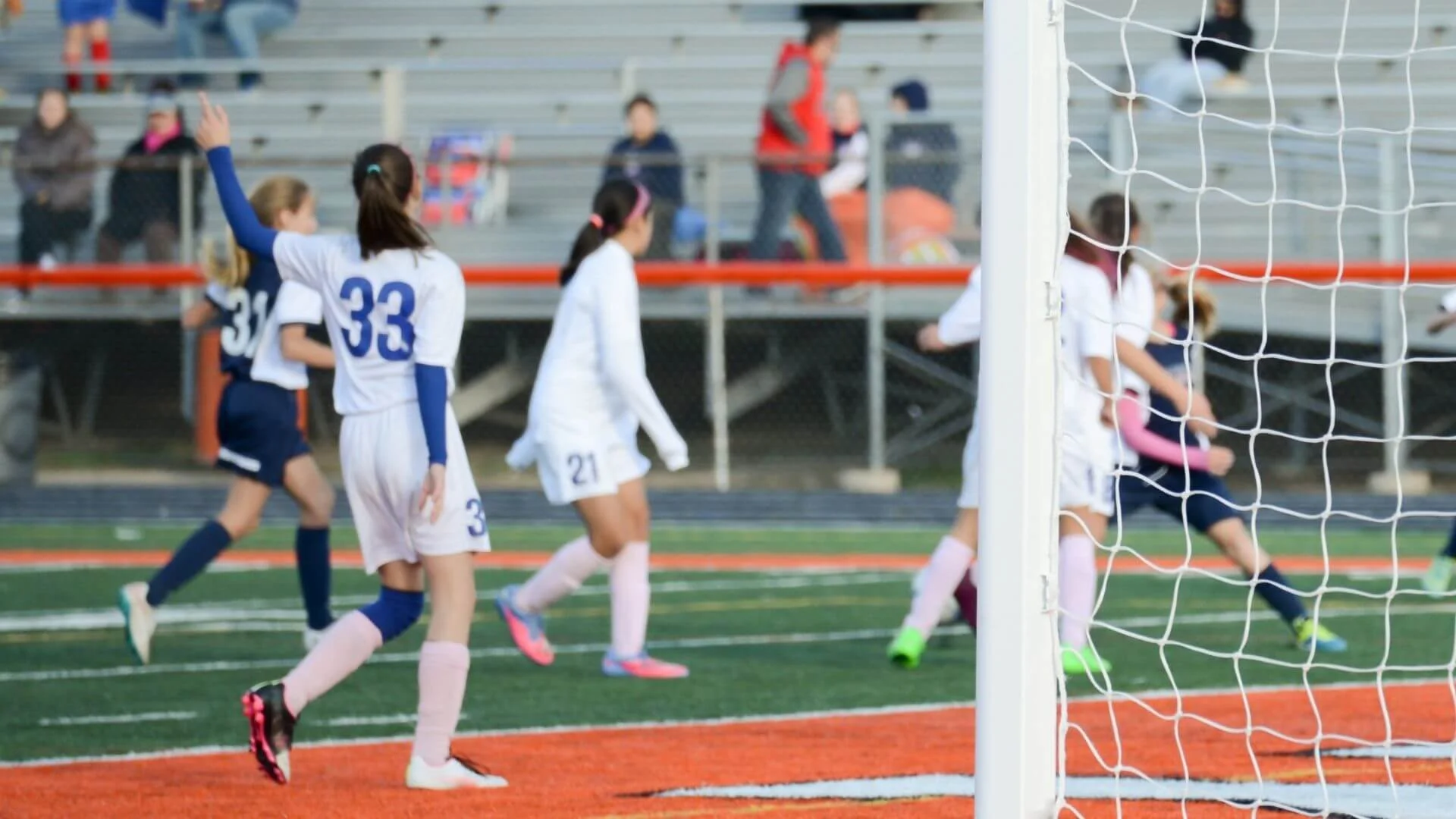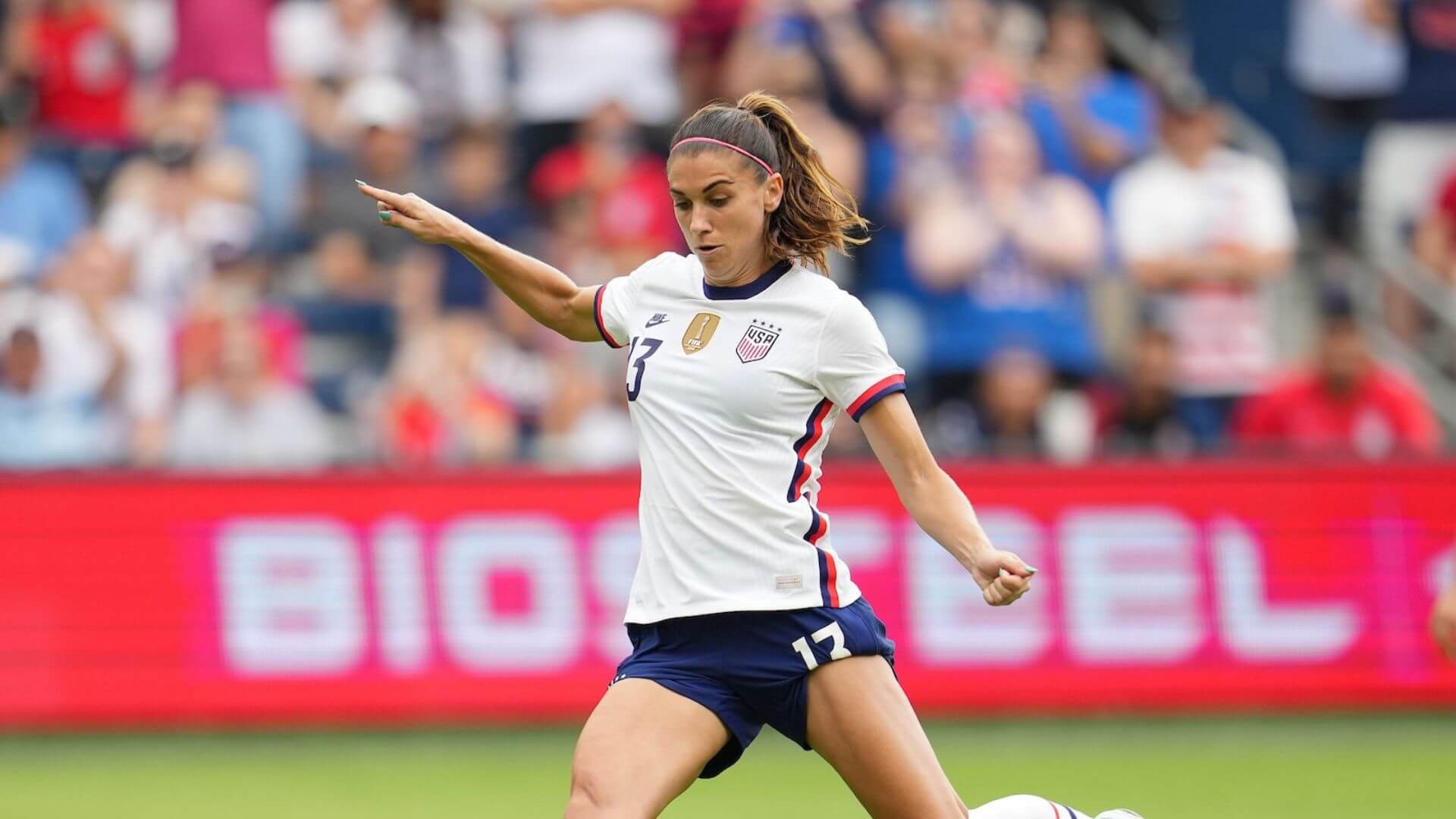How to Transition to Life After Soccer
It’s the dreaded day no one really talks about. The day your identity shifts, the pregame rituals stop, the team locker room shenanigans end. The last day the crowd chants your name as you step onto the field, score a goal, save a goal, or defend the goal. The day you hang up your cleats from playing collegiate or professional soccer. The day a huge hole gets left in your chest as you wonder, “Who am I? What does life after soccer look like?”
Personally, I was blindsided. I couldn’t figure out what was missing from me for so long after the last time I laced up my boots in a specific way, placed my shin guards at the last minute, taped them just right, and had my last pregame and halftime pb&j sandwich. I learned over time I wasn’t alone in this experience.
How to Transition to Life After Soccer
The players I spoke to about their transition to life after soccer all had the same advice – find your identity outside of sports. Did you know there’s a thing called athlete identity? My friend and Athletic Director & Head Coach of the Girls’ Varsity Soccer team at Poly Prep Country Day School, Kristin Cannon, brought this topic to my attention. I know myself, along with many of my former teammates from the Assumption College Women’s Soccer Team, felt this way. Some of us sat in this abyss for years. Some Socceristas transition to life after soccer with ease. And some don’t. The problem is, no one really talks about it.
Thankfully, this topic is being covered somewhere. I had the opportunity to speak to Hannah Lichtenstein, a former D3 and semi-professional player, who spearheads a podcast called Run Along focusing on this life after sports transition. Run Along Podcast can be found on Spotify and Apple Podcasts.
Here’s what Hannah had to say about her experience as she exited the role of competitive athlete:
What are three tips you would give a young athlete graduating college for transitioning to life after soccer?
First, nurture your other interests in the bits and pieces of time you can get as an athlete – it won’t detract from your soccer experience in the now. In fact, it just might HELP your time as an athlete (helps to prevent burn out). Plus, your future self will really thank you for exploring those! Second, reach out to people who have gone through the transition – like older people who were on your team – to get a sense of what to expect. Third, let yourself feel all the emotions of your final season even though they can be overwhelming and intense at times. The joy, gratitude AND the sadness, grief. Find a healthy outlet for those emotions and the processing of this important thing coming to an end.
What aspect of transitioning to normal life did you struggle with most?
I struggled with a big dip in my self worth and loneliness that came with that. You come to conceptualize yourself as the forward or the goalie on the team. You’re a teammate. You’re someone who represents your school. All these identities and roles and things you’re trying to accomplish. Leaving that behind is hard. I felt untethered to a community and to a purpose. Who would have thought I’d miss my coach texting me?!
What did no one tell you about life after soccer that you wish you knew?
The experience of being a competitive soccer player will always stay with you. No one can take that away. That means the relationships you developed, the lessons you learned, the qualities that made you a good player and good teammate, the feelings you had… none of that’s going anywhere. Use those in your next chapter when you tackle your work, when you’re building other relationships, and when you’re thinking about what it is you need in your routine/life to feel fulfilled.
During interviews with Kristin Cannon and Sarah Lane, Assumption College Women’s Soccer Alumni, the consensus was the same: Build a new identity. Find purpose/passion off the field. Connect to a community. Learn how to take care of yourself as an individual. Allow yourself time to grieve and/or seek professional guidance through the grieving process. You will always have the heart of an athlete –even if you never lace your cleats back up again!
The answers to these questions can be your lifeline to life after soccer. Heeding this advice from former competitive athletes will prepare you for this major life shift. Don’t forget to keep up with the Run Along Podcast on Instagram for more guidance on transitioning to life after being a competitive athlete.
Featured Image via Adobe Stock @Halfpoint











